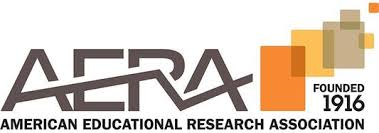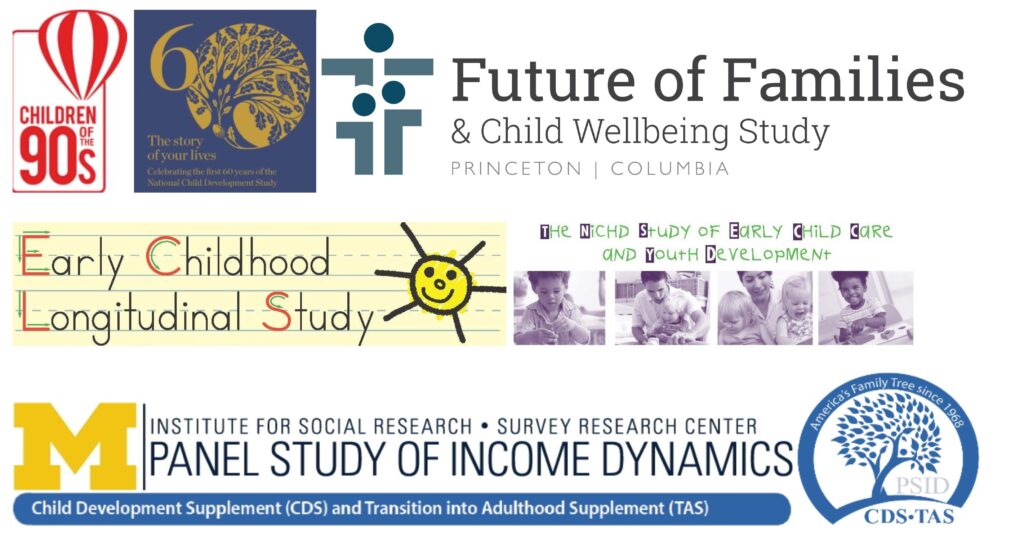
HighScope Preschool Intervention Follow-Up Study
We are currently conducting a longitudinal follow up study on a preschool intervention designed to promote children’s executive function development. The original intervention was implemented by the HighScope Educational Research Foundation and during the 2021-2022 school year and is currently being evaluated by our team. The goal of this follow-up study is to use publicly available school records to understand whether the effects of HighScope’s preschool intervention persist into elementary school. School records will be obtained through Michigan’s Educational Research Institute (MERI), where test scores from state-mandated assessments are housed. These assessments include measures of Mathematics, Science, and Reading. CEPI data processing and harmonization will begin in 2025. This project is funded by the American Educational Research Association and the National Science Foundation (P.I. Ahmed; NSF-DRL #1749275; years: 2024-2026). We are recruiting graduate students interested in working on the HighScope Preschool Intervention Follow-Up Study.


Peers and Executive Function Study
The focus of this study is to understand how peer contexts influence children’s executive function development during early elementary school. To do this, we developed a battery of group-based assessments that take place in children’s schools and are designed to capture working memory, attention, and inhibitory control. These situational tasks are videotaped and behaviorally coded to extract information about how young children employ executive function in the presence of their peers. Using these assessments, we found peer effects on children’s executive function performance during kindergarten. We are in the process of coding the first and second-grade waves of our group-based assessments to understand how the nature and magnitude of peer effects change over time. This project is funded by a grant from the Eunice Kennedy Shriver National Institute of Child Health and Human Development (P.I. Ahmed; grant# 1L40HD113090-01; years: 2023-2025). We are currently recruiting undergraduate and graduate students who are interested in working with us on the Peers and Executive Function development study.

Using Existing Data Sets to Understand Child Development
The goals of this project are to leverage public and restricted access data sets to investigate children’s development across the lifespan. The rich longitudinal and cross-domain scope of many existing data sets enable us to study the dynamic and transactional nature of children’s development across several levels of influence spanning multiple decades. Some examples of the existing data sets used in the Applied Cognitive Development Lab include the NICHD Study of Early Child Care and Youth Development (SECCYD; NICHD Early Child Care Research Network, 2005); the Future of Families and Child Well-Being Study (FFCWS; Reichman et al., 2001); the Panel Study of Income Dynamics (PSID; Johnson, et al., 2018); the Early Childhood Longitudinal Study, Kindergarten Class of 2010–2011 (ECLS-K:2011; National Center for Education Statistics); and the National Child Development Study (NCDS; Centre for Longitudinal Studies). We are currently recruiting undergraduate and graduate students who are interested in working with us on understanding children’s development using existing data sets.

Remote Child Assessment Study
The purpose of this study is to create developmentally appropriate assessments that can be administered to children remotely in their homes and schools using virtual technology. In addition to reducing the burden of in-person testing on families and educators, remote measures have the potential to save researchers travel time, and reduce the logistical challenges associated with traditional school and home-based assessment approaches. Remote assessments can also provide more opportunities to gather data from hard-to-reach and underserved populations, potentially increasing the diversity of early childhood research samples. Importantly, data from online assessments appear to be comparable to data derived from traditional in-person assessments. For example, in a recent study, we adapted and successfully administered remote executive function assessments to preschool children in their homes using Zoom. We are currently piloting a new set of remote math, literacy, and socioemotional assessments designed for pre-k and early elementary school students. We are recruiting undergraduate and graduate students to work with us on administering remote socioemotional and academic assessments to children in preschool centers in Indiana, Connecticut, and Rhode Island.
